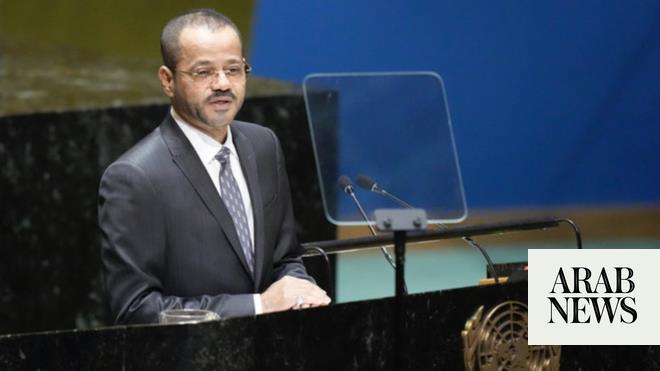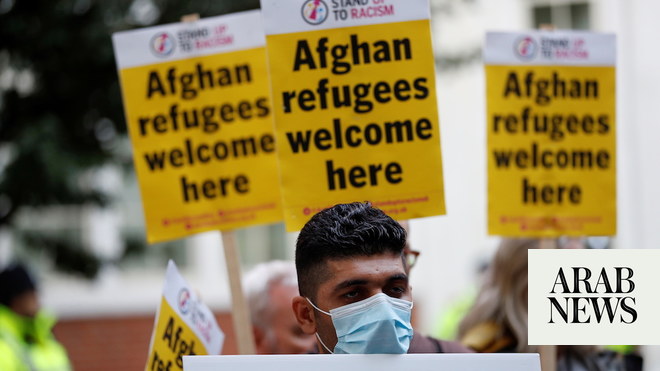
As developed countries struggle to cope with the spread and human toll of the coronavirus disease (COVID-19), fears are increasing about how the virus will affect the world’s most vulnerable people: Refugees and internally displaced people.
Many refugees live in high-density urban areas or in camps. Both are vulnerable to the spread of COVID-19, given their high population density and hosting of people who are often in poor health and lack sufficient services. Humanitarian workers are raising the alarm from camps all over the world, such as Nduta in Tanzania, Moria in Greece, multiple camps for Syrians inside and outside the country, and Cox’s Bazar in Bangladesh. There are also concerns about conditions in other locations with high numbers of asylum seekers and migrants, such as the US-Mexico border and South American localities housing many people who fled Venezuela.
In nearly all locations with a high concentration of refugees and asylum seekers, the population already has multiple health problems. They are often exhausted, stressed, exposed to the elements with insufficient shelter, and malnourished. Many have not been able to access medical treatment for health concerns. When COVID-19 hits groups like this, disease could spread particularly easily, with many individuals ill-prepared to fight the infection.
Furthermore, conditions in camps often make it impossible to practice the basic methods for controlling the virus’ spread. Refugees often lack access to soap or even sufficient water, frequently waiting in large groups to receive water or food or to wash. Access to items such as gloves, medical masks or hand sanitizer is often out of the question. Many camps are reliant on humanitarian aid, and there are concerns that border closures or other containment measures might disrupt supplies or the ability of humanitarian workers to enter camps.
In many areas where refugees live, overcrowding is a major problem. This is true in many places — from formal refugee housing in Germany to informal housing in urban areas and official refugee camps — but overcrowding is particularly severe in several particular camps. For example, David Miliband, head of the International Rescue Committee (IRC), has noted that Cox’s Bazar and the camps on the Greek islands have density rates that are multiple times greater than that of New York City or Wuhan. The overcrowding makes it impossible to practice social distancing and extremely difficult to isolate anyone infected with COVID-19. Overcrowding also complicates access to health care, with many of the medical workers and facilities in such locations already at or above capacity, even before the coronavirus crisis.
The pandemic has also created blockages and delays in the asylum claim and refugee resettlement processes. Asylum allows people who have fled danger in their home country to request to stay in a safer country, while refugee resettlement is a process managed by the UN High Commissioner for Refugees (UNHCR) that allows a very small percentage of the most vulnerable refugees to be resettled in another country. The pandemic has complicated these processes due to social distancing measures, people working from home and other factors. Some countries have suspended asylum applications and refugee transfers, while others are still trying to process claims and provide services but face delays and problems as a result of restrictions designed to stop the virus. In March, UNHCR temporarily suspended refugee departures for resettlement, reflecting multiple obstacles, such as declines in air travel, border closures and some countries suspending the reception of refugees.
The IRC, UNHCR, Doctors Without Borders and other organizations that work with refugees are calling on governments to recognize both a moral duty to protect refugees and the practical reality that uncontained outbreaks among refugee communities would set back global recovery efforts. More funding and equipment is needed, and governments should ensure ongoing humanitarian access to refugee populations. The IRC is working to fight COVID-19 misinformation among refugees and is asking for help to set up handwashing stations and the capacity for medical triage and quarantine. The UNHCR is providing washing supplies and facilities, teaching about virus prevention, helping to set up isolation units and more. In March, UNHCR requested $255 million for the next nine months to include virus prevention and management efforts. Refugees themselves are helping how they can; for example, some refugees in camps are sewing masks for others.
Uncontained outbreaks among refugee communities would set back global pandemic recovery efforts.
Kerry Boyd Anderson
The pandemic has highlighted the vulnerability of refugees and the need for global action to address overcrowding and a lack of health care, food, sanitation, shelter and equipment. The pandemic has also highlighted the value that refugees can offer in their new homes, with multiple stories from around the world of refugees who are now doctors and nurses caring for COVID-19 patients in their adopted countries. Other refugees are producing masks, performing essential jobs and contributing to their communities in multiple ways.
There is a moral imperative for governments and publics to help the most vulnerable people in a crisis. There also is a pragmatic reason to ensure that refugee camps and other locations do not become major sources of the virus’s spread. The conflicts and crises that drive refugee flows demonstrate how such problems do not stay contained within borders, just as a virus cannot be fully contained behind borders. Governments need to work together to limit the spread of COVID-19 now and in the future. This is not the time to roll back protections for refugees, but rather to improve refugees’ environments and consider how to streamline and update asylum and resettlement processes in the future.
Kerry Boyd Anderson is a writer and political risk consultant with more than 16 years’ experience as a professional analyst of international security issues and Middle East political and business risk. Her previous positions include deputy director for advisory with Oxford Analytica and managing editor of Arms Control Today. Twitter: @KBAresearch
Disclaimer: Views expressed by writers in this section are their own and do not necessarily reflect Arab News" point-of-view












